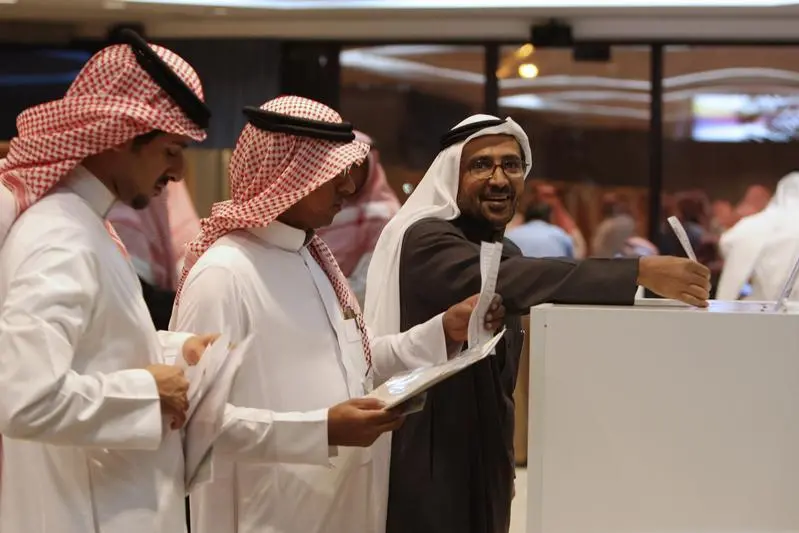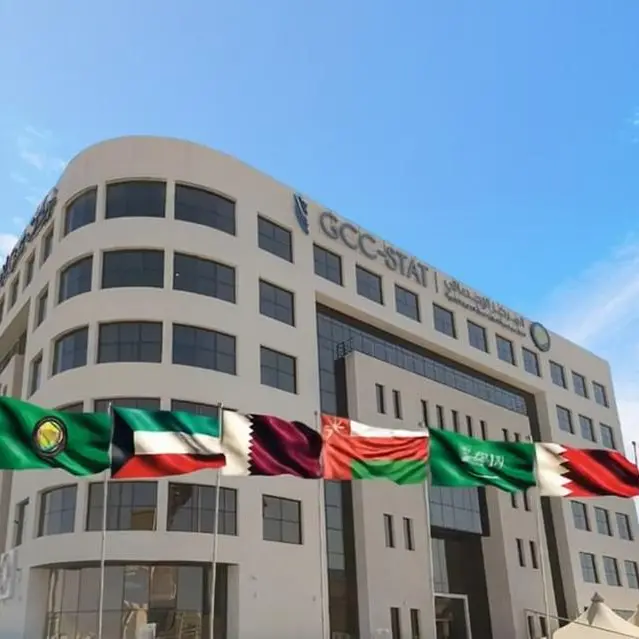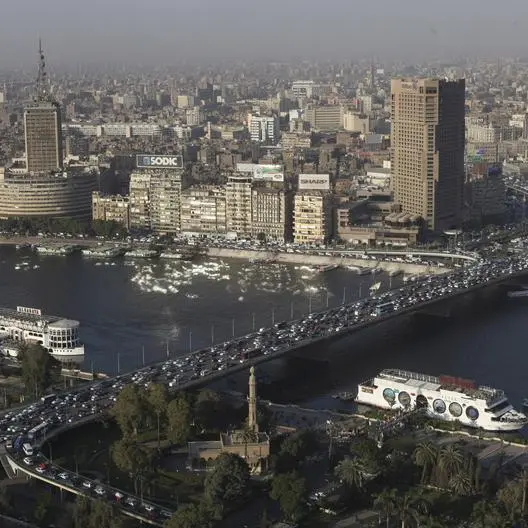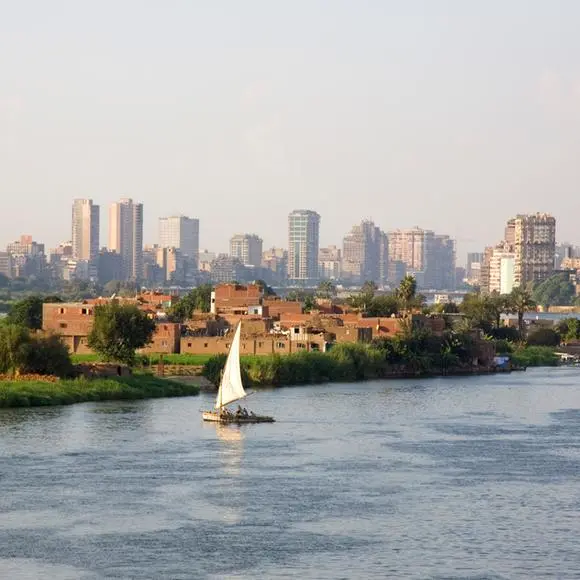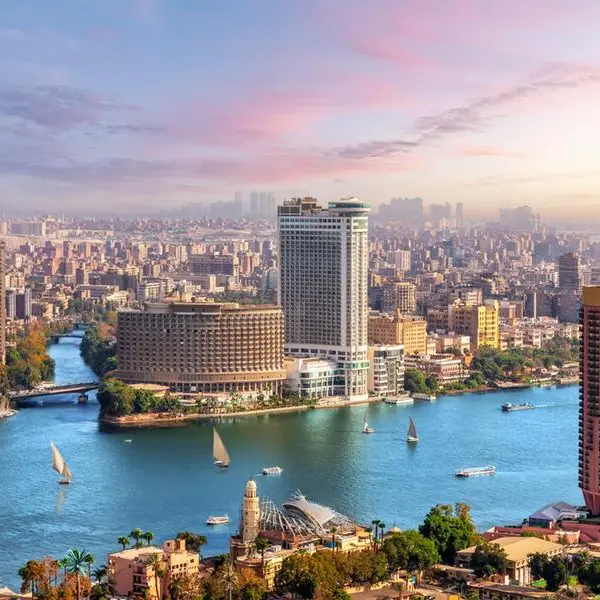PHOTO
RIYADH — A government employee shall be terminated from service in the event of conviction of corruption by a court of law. Legal measures will be taken against an employee if he amasses wealth disproportionate to his income. These provisions are included in the new Saudi Oversight and Anti-Corruption Authority (Nazaha) Law, approved by the Council of Ministers on July 23.
The law will come into force 90 days after its publication in the official gazette, the Umm Al-Qura newspaper. The law, which consists of 24 articles, was published in the gazette on Friday, August 9.
The new law specifies the procedures for taking legal measures against any government employee in the event of amassing disproportionate wealth by him or his close family members. “If the wealth of a public employee or someone in his position increases after assuming the job in a way that is not commensurate with his income or resources on the basis of evidence resulted from investigations showing that he committed a crime of corruption; then he will be accountable to prove the legitimacy of the funds in cash or in-kind possessed by him or his close relatives, including his wife, children and first-degree relatives. If he is unable to prove a legitimate source for this wealth, he shall be referred to the unit for investigation, and a criminal case shall be filed against him before the competent court, and a plea will be made to take punitive measures against him in accordance with the legal and regulatory requirements. The legal measures also include a plea to recover or confiscate the funds related to the crime if it was proven.
The Nazaha shall work - in coordination with the relevant authorities - if the accused of a corruption crime flees the country or dies, to obtain the available evidence and investigation results, if any, to file a case before the competent court in its bid to get back the money involved in the crime or confiscate it or return its value - as the case may be - and any proceeds resulting from it. The authority would also coordinate, after the issuance of the judgment in its final form, with the Ministry of Justice to implement it internally or externally in accordance with the Enforcement Law, as well as the relevant international agreements, and the principle of reciprocity.
If the investigation with the public employee - or someone in his position - results in strong suspicions affecting the dignity or integrity of the job, the chief of the Nazaha, after taking the opinion of the head of the agency to which the employee is affiliated, may propose his dismissal by a royal order, without affecting this the completion of the criminal lawsuit procedures against him.
The new law also allows the authority to make financial settlements with those, who have committed corruption crimes, and that is upon their requests, in accordance with rules that include a classification of the categories covered by those settlements and the procedures related to that, prepared by the authority and issued by a royal order.
The law defines corruption crimes, saying that these include bribery, misuse of public funds, abuse of power, and any other related crimes. As per the law, the Nazaha is linked to the king, and it enjoys financial and administrative independence, and carries out its work with complete impartiality and without influence from any party, and no one may interfere in its work. It is also concerned with administrative oversight of public entities, protecting integrity, enhancing transparency, and combating corruption.
The law has redefined its powers, the most prominent of which include monitoring to detect administrative violations and corruption crimes; receiving complaints and reports related to them and verifying their validity; conducting investigations and filing lawsuits before the competent court; conducting criminal investigations and seizures. The powers also include following up on the recovery of funds and proceeds resulting from the commission of any of the crimes; taking precautionary measures with regard to those against whom there is evidence or indications of committing such crimes, and providing protection for whistleblowers.
The authority’s tasks also include reviewing work methods and procedures in public entities to protect integrity; enhance transparency; identify weaknesses that may lead to violations or corruption crimes and address them; and enhance, develop and update the necessary measures, mechanisms and means to prevent their occurrence, and spread awareness of the concept of corruption and explain its dangers and effects.
The law allows the authority to request the entities covered by its jurisdiction to provide it with relevant records, documents, papers, information and data, which the entity shall deliver to it within the specified period.
Under the law, the authority consists of specialized units linked to the president, including unit for protecting integrity and enhancing transparency; unit for combating corruption; unit for administrative oversight and investigation; unit for administrative investigations; unit for criminal investigation and prosecution; and unit for international cooperation.
These units are tasked with investigating crimes, filing criminal cases and prosecuting the suspects before the competent court, provided that its members meet the conditions for holding the position at the Public Prosecution, and they are treated as such in all their employment affairs, and their work has a judicial character, and no one may interfere in it, as they enjoy complete independence.
© Copyright 2022 The Saudi Gazette. All Rights Reserved. Provided by SyndiGate Media Inc. (Syndigate.info).
